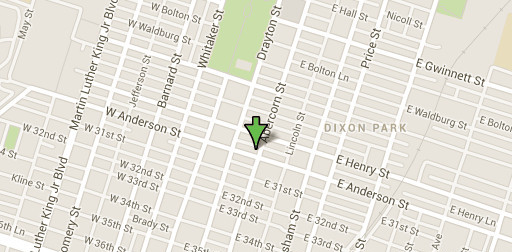
Chronic Pain and the Opioid Cycle
Opioid medications are a terrible choice for relief of chronic pain. That’s because of the way that the medications work. Opioid medications can be very effective at controlling short-term pain, but over time the medications can impact the way the body experiences pain. It becomes sensitized and begins to experience non-pain sensations as pain. At the same time, the amount of pain relief a person gets from opioids decreases. That’s because the body becomes resistant to them.
As a result, people who take opioids for chronic pain often find that their pain levels increase–not decrease–with time, and at the same time they need higher doses of opioids to get the same relief as before. As a result, they are likely to demand higher dosages just to maintain their quality of life.
This new CDC study suggests that the timeline for this transition may be much shorter than we used to believe. People who get an initial one-day supply have only a six percent chance of being on opioids a year later. With an initial five-day supply the odds increase to 10%. At this point, the odds of long-term use increase fast: a 6-day supply comes with a 12% chance of using a year later, and a 10-day supply leads to a 20% chance of chronic use. Although rare, an initial supply of 30 days carried a 45% chance of being on opioids a year later.
This data is based on nearly 1.3 million patients’ prescription records from June 2006 to September 2015. All the patients were 18 and older, none had cancer, and none had a history of opioid abuse.
Relieve Chronic Pain without Drugs
We understand that if you’re suffering from serious pain, all you want is relief. And if you’re suffering with jaw pain or headaches, a pill seems like an easy and effective answer. But the truth is that noninvasive, drug-free TMJ treatment can be very effective at helping with this type of pain.
For many people, relief can be achieved during the first visit. And with the proper use of neuromuscular dentistry, relief can be maintained essentially permanently.
Most pain in the jaw is caused by sore, tense muscles. TMJ treatment allows these muscles to relax, reducing or eliminating current pain, and, often, reducing the risk of future pain.
Would you like to learn whether TMJ treatment in the Hilton Head area can control your pain without drugs, please call (843) 706-2999 today for an appointment with a neuromuscular dentist at Beyond Exceptional Dentistry.




